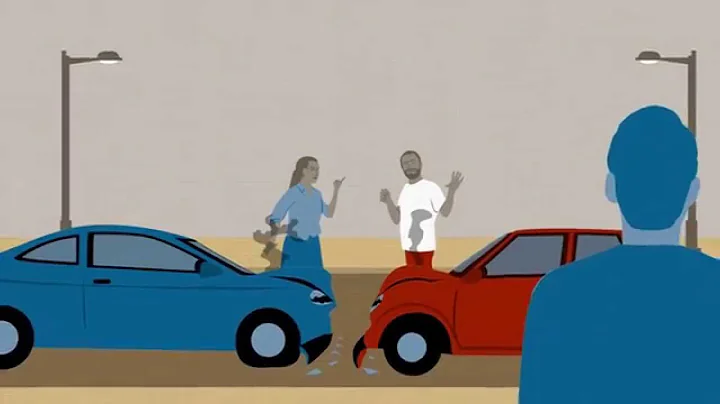Cold violence in the family refers to the mental violence form in which the husband and wife show indifference, contempt, laissez-faire or alienation to each other, rather than physical violence such as beating.
Domestic violence can be divided into two categories: physical violence and psychological violence. Physical violence is easy to understand, including beating and hurting the other party; mental violence includes mental abuse (restriction of personal freedom and economic control), sexual abuse and cold violence.
In fact, research shows that in troubled marriages, indifference and silence are more harmful to the marriage than loud noises, and are more likely to lead to marital breakdown. So how to prevent and resolve domestic cold violence ?

(1) Understand that both parties have been hurt, and have the courage to be heroes in the relationship: Many people prefer a cold war because they feel that the other party has hurt people too deeply and is not worthy of forgiveness. In fact, the starting point of the Cold War is often hurt, which cannot be expressed. For example, a husband's self-esteem was hurt by some of his wife's words and deeds, but she repeatedly failed to express his feelings, so he got angry and became cold-blooded. If the wife can understand that her husband is also a victim, she will be more emotionally willing to break the ice.
(2) communicate through other means to resolve the Cold War deadlock as soon as possible. As long as there is a silent cold war, be vigilant and use other methods (text messages or emails, etc.) to apologize and resolve the impasse.
(3) After the Cold War is over, first talk about things that are less sensitive to both parties (talk about current affairs, gossip, etc.), and then conduct sincere communication when the time is right.
(4) When you speak, express your feelings rather than criticize. Don't say "It's disgusting what you are doing", but say "Our cold war makes me feel uneasy..."
In domestic cold violence, both parties are actually victims. Only by eliminating the cold distance between them can we find happiness and enthusiasm. When you feel that you have no way to solve a problem, you can also seek help from a professional psychological counseling agency like Qizai Psychology.





















